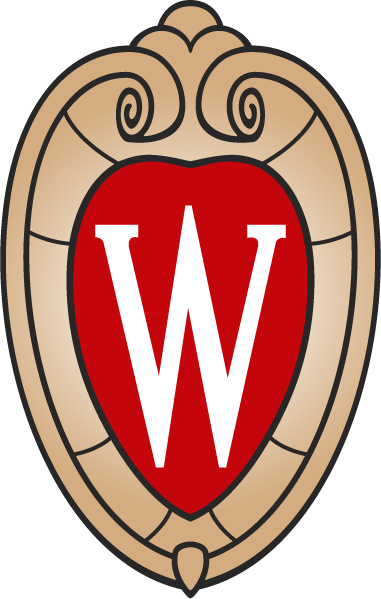
Instrumentation and Control for Water and Wastewater Processes
interpro.wisc.edu/RA01428 See upcoming datesCourse Overview
Learn the important principles, trends, and technologies to improve instrumentation and control systems in your water and wastewater facilities and processes. This course includes:
- Key principles and industry terms
- Control hardware, HMI, and SCADA systems
- Pressure, flow, level, temperature sensors
- Integration of process and instrumentation needs
- Control strategies for pumping, aeration, chemical feed, and other processes
- Documentation and commissioning
- Avoiding errors in selection and application
- System costs
- Case studies and class workshops
Who Should Attend?
- Water and wastewater professionals
- Plant managers and operators
- Consulting engineers
- Federal agencies and military bases
- System integrators and manufacturers
Course Outline
Overview of I&C for Water and Wastewater
- What are we measuring and controlling? And why?
- Key I&C terms in the industry
- Categories of instruments and control elements
- Integration into a working SCADA system
Field Monitoring Instruments
- Flow, pressure, level, temperature
- Pros and cons of different types
- Where/how are they typically installed
- Typical costs
SCADA, Controllers, and Control Algorithms
- RTU, DCS, PLC and PID controllers
- SCADA and HMI systems
- Telemetry systems
- Transmission, storage, and use of data
- Software considerations
- Typical costs
Pumping Applications
- Daily and peak operations
- Flow rates, pressures, well levels
- Alternatives, pros, cons, costs
Final Control Elements
- Electric motors, starters
- Valve and gate operators
- Variable frequency drives (VFDs)
- Costs
Analytical Instruments for Process Monitoring
- Online sensors for aeration control, solids control, chemical control
- Sensing devices and how they operate
- Location and mounting
- Components and costs
Aeration, Disinfection, Other Applications
- DO control, blower control, protection
- Filters and clarifiers
- Disinfection
Documentation and Commissioning
- Specifications, loop descriptions, I/O points
- Process and instrumentation diagrams
- Testing, reporting
Case Studies and Examples
- I&C examples and problem solving
Testimonials
- “Really engaging presenters and instructors”.
- “The program was top notch. Thank you.”
- “An absolutely superb seminar.”
- “The information on VFDs was invaluable!”
- “Welcomed my questions and gave me great info to help me understand.”
Instructor
Thomas Jenkins
Tom Jenkins PE is president of JenTech, Inc. He previously served as chief wastewater design engineer with Dresser Roots and as the founder of ESCOR (Energy Strategies Corporation). Tom is a professional engineer and a graduate of Marquette University, in mechanical engineering. He has extensive experience in developing wastewater control systems and technology. He is a co-author of the Water Environment Federation Manual of Practice #32, Energy Conservation in Water and Wastewater Treatment Facilities, and an adjunct professor at the University of Wisconsin-Madison.
